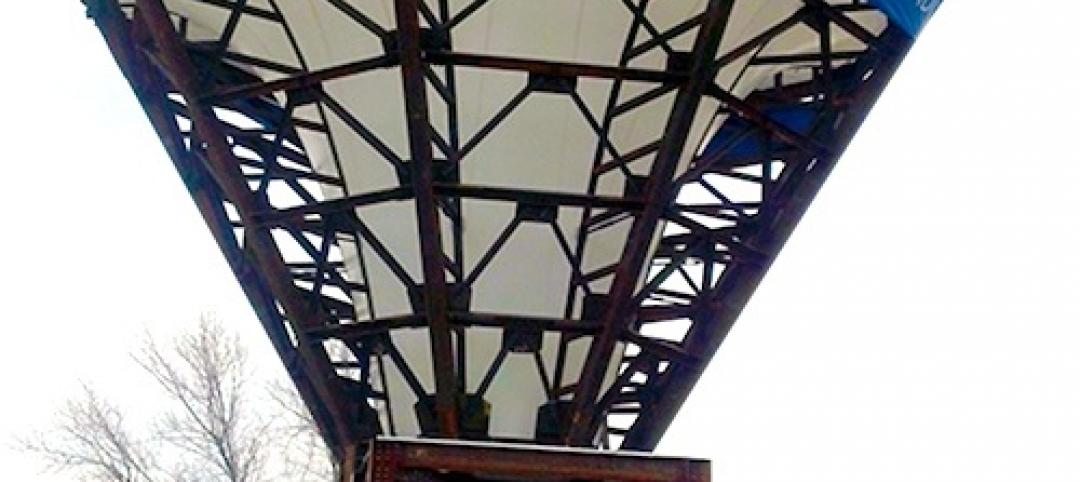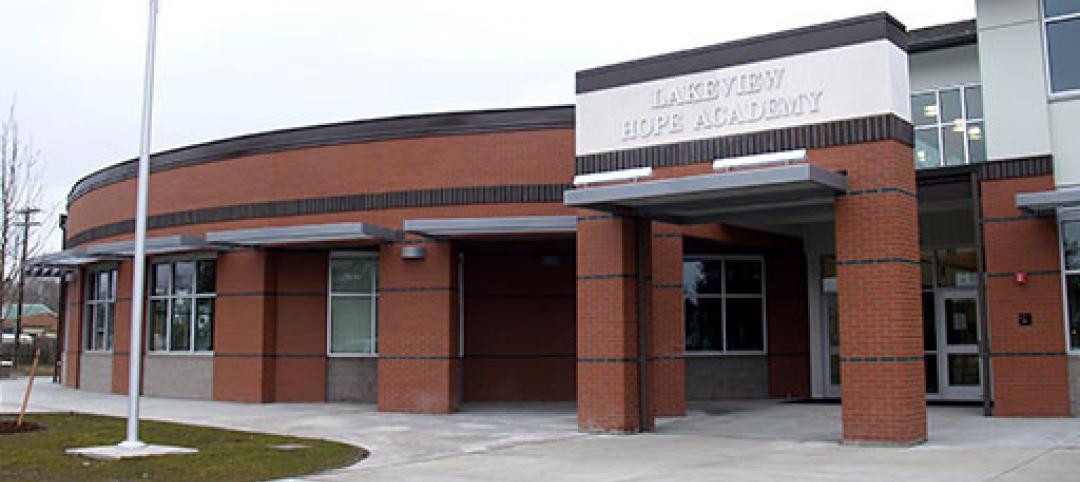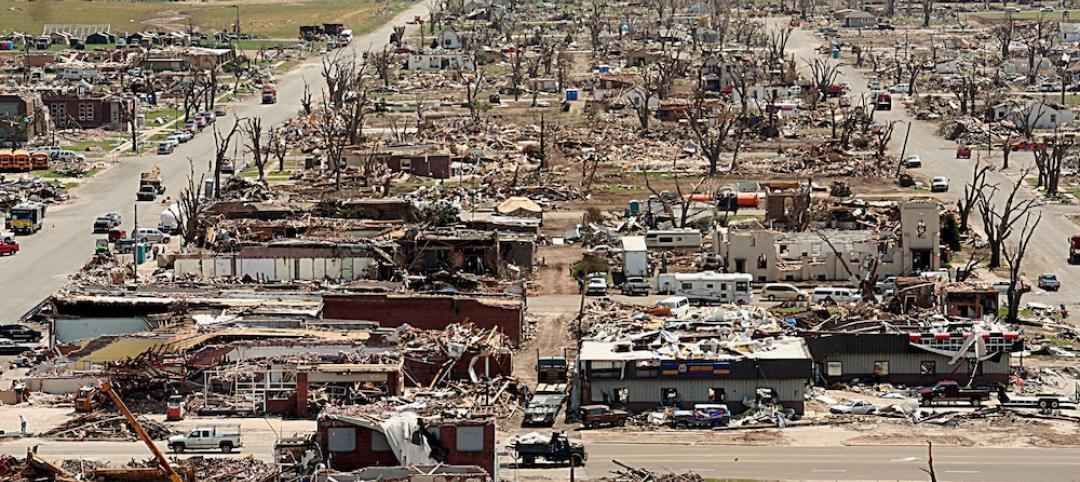The AIA Foundation has commended the addition of 35 new cities worldwide to 100 Resilient Cities, pioneered by The Rockefeller Foundation, to be part of the 100 Resilient Cities network. The announcement was made during The Rockefeller Foundation’s Urban Resilience Summit in Singapore.
The AIA Foundation became a platform partner in the 100 Resilient Cities Challenge as part of a commitment made at the 2013 Clinton Global Initiative (CGI) Annual Meeting. Partners pledged to support the cities’ Chief Resilience Officers (CRO), create resilience strategies, and provide access to tools, technical support, and resources. 100 Resilient Cities also pledged to create a network for CROs to share information and best practices.
“The AIA Foundation – through the American Institute of Architects component network nationwide – is already working in several of the selected U.S. cities to guide them in their selection of chief resilience officers and to provide AIA member expertise in resilience planning," said AIA Foundation Executive Director Sherry-Lea Bloodworth Botop. "Indeed, the AIAF hopes to act as a matchmaker of sorts between the cities that have been granted CROs and the architects and planning experts who can offer assistance and can help integrate design thinking into the monumental tasks facing CROs."
The cities selected as winners of the 100 Resilient Cities Challenge are:
- Accra, Ghana
- Amman, Jordan
- Arusha, Tanzania
- Athens, Greece
- Barcelona, Spain
- Belgrade, Serbia
- Bangalore, India
- Boston, Massachusetts, USA
- Calí, Colombia
- Chennai, India
- Chicago, Illinois, USA
- Dallas, Texas, USA
- Deyang, China
- Enugu, Nigeria
- Huangshi, China
- Juarez, Mexico
- Kigali, Rwanda
- Lisbon, Portugal
- London, England
- Milan, Italy
- Montreal, Canada
- Paris, France
- Phnom Penh, Cambodia
- Pittsburgh, Pennsylvania, USA
- San Juan, Puerto Rico, USA
- Santa Fe, Argentina
- Santiago de los Caballeros, Dominican Republic
- Santiago, Chile
- Singapore, Singapore
- St. Louis, Missouri, USA
- Sydney, Australia
- Thessaloniki, Greece
- Toyama, Japan
- Tulsa, Oklahoma, USA
- Wellington City, New Zealand
Related Stories
| May 15, 2013
Schneider Electric announces Global Xperience Efficiency Events for 2013
Schneider Electric’s Xperience Efficiency series will begin with events in the United States, China, Colombia, Brazil and Russia.
| May 15, 2013
Center for Green Schools, Architecture for Humanity release new tool for green schools
The 70-page guide demystifies the processes of identifying building improvement opportunities and finance and implementation strategies.
| May 14, 2013
Paints and coatings: The latest trends in sustainability
When it comes to durability, a 50-year building design ideally should include 50-year coatings. Many building products consume substantial amounts of energy, water, and petrochemicals during manufacture, but they can make up for it in the operations phase. The same should be expected from architectural coatings.
| May 14, 2013
Advanced turbines generate 6X more energy than conventional models
US-based wind energy company SheerWind just unveiled the INVELOX – a tunnel-based wind turbine that can produce up to 600% more power than traditional wind turbines.
| May 14, 2013
Raymond Clark joins HOK’s Chicago Practice as Management Principal
HOK announced today that Raymond Clark, AIA, LEED AP, has joined its leadership team in Chicago as senior vice president and management principal.
| May 14, 2013
Easy net-zero energy buildings [infographic]
"Be a Zero Hero" infographic educates building industry professionals on ultra energy-efficient structural insulated panel construction
| May 9, 2013
10 high-efficiency plumbing fixtures
From a "no sweat" toilet to a deep-well lavatory, here's a round up of the latest high-efficiency plumbing fixtures.
| May 9, 2013
Post-tornado Greensburg, Kan., leads world in LEED-certified buildings per capita
Six years after a tornado virtually wiped out the town, Greensburg, Kan., is the world's leading community in LEED-certified buildings per capita.
| May 8, 2013
Preventable curtain wall failures - AIA/CES course
In many cases, curtain wall failures are caused by fairly simple errors that occur during the fabrication and installation process. This presentation will highlight common errors and when they typically occur.

















